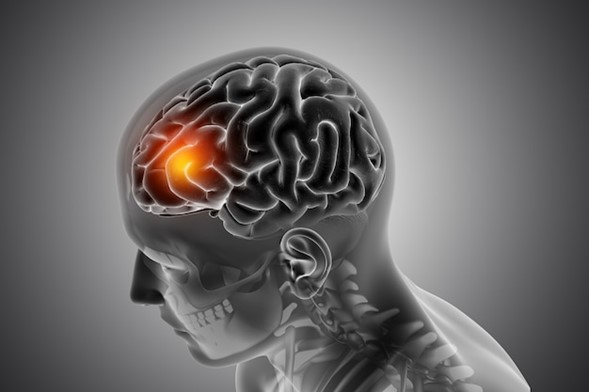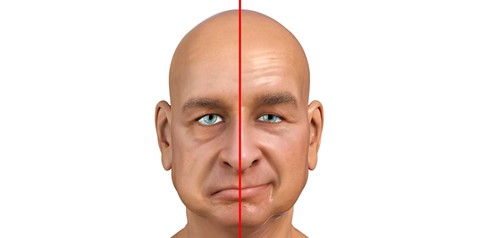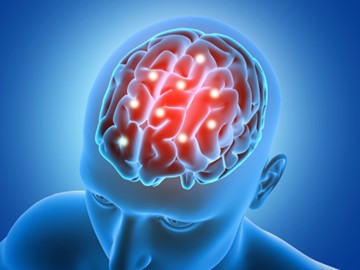Blogs

From Tension to Migraine: Navigating Common Headache Causes
Headaches are extremely common, affecting millions worldwide. Statistics show that nearly everyone will experience a headache at some point in their lives. It’s important to

Headache, Is It Normal?
Headaches are among the most common health complaints worldwide. They often disrupt daily life with varying intensity and discomfort. Most people experience a headache at

Tired of Feeling Dizzy? Explore Natural Treatments for Vertigo
If you’ve ever felt dizzy, you know how unsettling it can be. But there are natural ways to find relief. This blog unveils the secrets

Can Vertigo Be Cured Permanently? Uncover the Truth
Vertigo is a common condition, but it often leaves people wondering: can vertigo be cured permanently? This question looms large for many who experience its

Vertigo Exposed: Busting 10 Myths That Cloud Our Understanding
Curious about vertigo? Discover what’s true and false with these insights. Understanding Vertigo: More than Just Dizziness Vertigo is often misunderstood as just dizziness, but

Can Lowering Blood Pressure Protect Your Brain. New Research Says Yes
A study conducted by researchers at Wake Forest University School of Medicine has found that managing blood pressure intensively for just over three years can

Vertigo Symptoms: Feeling Dizzy and Unbalanced
Vertigo is a condition that makes you feel like everything around you is spinning or tilting, even when you’re not moving. It can be caused

Navigating the World of Vertigo: Improving Your Quality of Life
Vertigo: What is it? It is a common feeling of spinning dizziness due to an inner ear problem, head injuries, and certain medications. Benign paroxysmal

Know About Migraine
Migraine is a neurological disorder that causes recurring headaches, often accompanied by other symptoms such as nausea, vomiting, and sensitivity to light and sound. Symptoms

Unmasking Bell’s Palsy: Understanding the Paralysis Behind the Mask
Imagine waking up one morning to find that half of your face is suddenly drooping, your smile is lopsided, and you can’t blink one eye

Parkinson’s Disease: A Comprehensive Guide for Patients and Caregivers
Parkinson’s Disease (PD) is a neurodegenerative disorder that affects movement and is characterized by symptoms such as tremors, stiffness, and difficulty with balance and coordination.

10 Early Signs and Symptoms of Alzheimer’s Disease
Alzheimer’s disease is a neurodegenerative disorder that affects the brain cells responsible for memory and cognitive function. This progressive disease typically starts with mild memory

The Silent Killer: Recognizing and Preventing Brain Strokes
Brain strokes, also known as cerebrovascular accidents (CVA), are one of the leading causes of death and disability worldwide. It occurs when the blood flow

Lower Back Pain: Understanding and Managing Discomfort
Lower back pain is a common problem that affects many people worldwide. It can range from mild discomfort to severe pain, impacting daily life. Understanding

Know More About Parkinson’s Disease
Parkinson’s disease is an age-related brain disorder in which the parts of the brain deteriorate, eventually leading to unintended body movements such as tremors, shaking,

Alzheimer’s Disease and Brain Health: What You Need to Know
Alzheimer’s disease is a type of dementia that affects memory, thinking, and behavior. It is a progressive disease that gradually destroys brain cells, causing cognitive

Understanding Bell’s Palsy: Causes, Symptoms, and Treatment Options
Bell’s palsy occurs because of damage to the facial nerve. It causes a temporary weakness or paralysis of the facial muscles and affects one side

Know About Lower Back Pain
Lower back pain refers to discomfort or pain in the area of the lower part of the back, usually between the rib cage and the

Brain Stroke: What Is It?
Brain stroke happens when the blood supply to the brain is blocked. When the blood supply is blocked, the brain does not get enough oxygen

